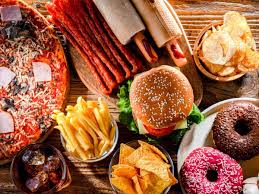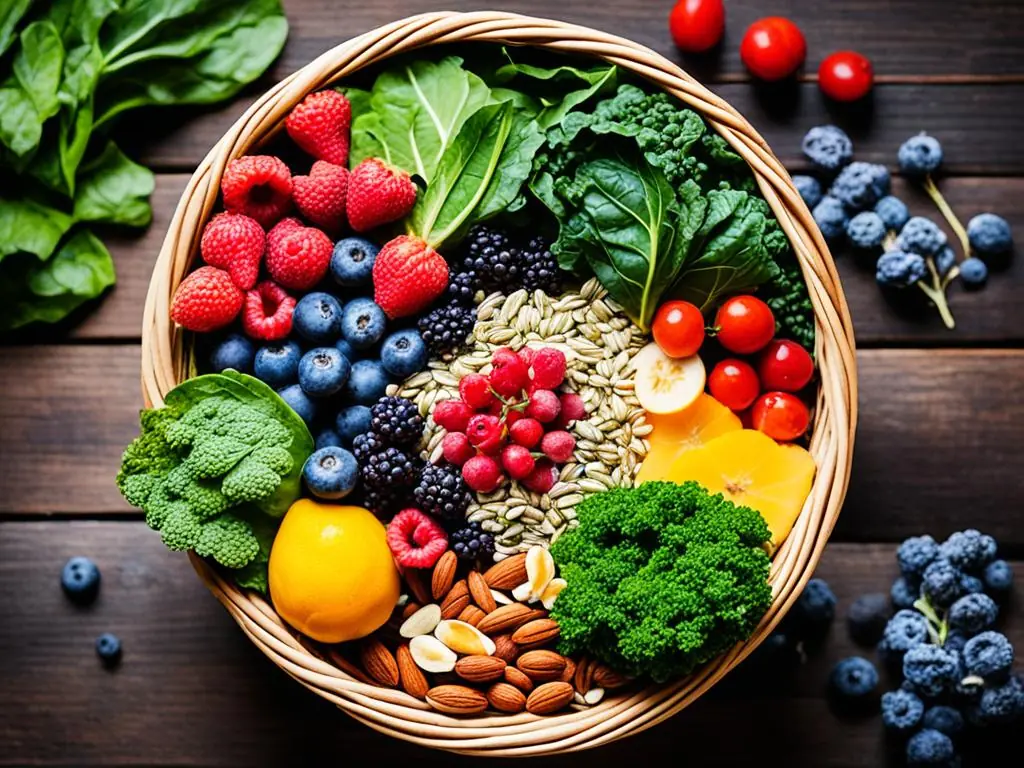Advertisements
In a world where convenience often trumps quality, ultra-processed foods have become a constant presence on supermarket shelves and, consequently, on dinner tables. However, what really lies behind the shiny packaging and the promises of irresistible flavor? The quest for convenience may be costing our health and well-being dearly. This article delves deep into the world of ultra-processed foods to uncover their true impact on the human body.
The increasing consumption of these foods raises crucial questions about nutrition, public health and conscious food choices. But what exactly characterizes an ultra-processed food and why can it be harmful? We will explore the definitions, commonly found ingredients and the marketing strategies used to make them so appealing. In addition, we will examine how frequent consumption can affect essential bodily functions and contribute to chronic diseases.
Advertisements
Science has been investigating the effects of ultra-processed foods, and the results are worrying. Studies have linked their consumption to problems such as obesity, cardiovascular disease and type 2 diabetes. Let's analyze the latest research and hear from experts who warn of the need for a more natural and balanced diet. Knowledge is power, and understanding how these foods affect the body can be an important step towards making healthier choices.
Finally, we will present alternatives and practical tips to reduce your dependence on ultra-processed foods in your daily life. From carefully reading labels to preparing home-cooked meals, small changes can make a big difference to your health and quality of life. This is an invitation to critical reflection and a positive transformation in the way you relate to food. Unravel the mystery of ultra-processed foods and discover ways to live a healthier and more conscious lifestyle. 🌿
Advertisements

Understanding Ultra-Processed Foods
Ultra-processed foods are part of our daily lives in ways we often don’t even realize. These are industrialized products that have undergone a series of processes, including the addition of artificial ingredients such as preservatives, colorings, and flavor enhancers. Common examples include soft drinks, filled cookies, instant noodles, and many breakfast cereals. It’s easy to understand their popularity: they’re convenient, affordable, and often tasty. However, it’s essential to understand how these foods affect our long-term health and well-being.
Studies have shown that a diet rich in ultra-processed foods can be associated with a number of health problems. This is mainly due to the high amount of sugars, sodium and unhealthy fats, as well as a low concentration of essential nutrients. These products often replace fresh, minimally processed foods, which are rich sources of vitamins, minerals and fiber. As a nurse, I often see the effects of these choices on patients’ health, which is why understanding and addressing this issue is so crucial. 🍏
Impacts on Physical Health
Increased Risk of Chronic Diseases
Regular consumption of ultra-processed foods is strongly linked to an increased risk of developing chronic diseases such as obesity, type 2 diabetes, heart disease and high blood pressure. These products tend to be high in calories and low in nutrients, which contributes to weight gain and the accumulation of body fat. In addition, the high amount of sugars and trans fats found in these foods can raise cholesterol and blood sugar levels, known risk factors for cardiovascular disease and diabetes.
As part of a comprehensive care approach, it is important for people to consider reducing their consumption of ultra-processed foods and opting for a diet rich in natural, nutritious foods. This change can have a significant impact on reducing the risk of chronic diseases and improving long-term quality of life. 🌿
Influence on Mental Health
The impacts of ultra-processed foods aren’t limited to physical health; they also affect mental health. Studies suggest that a diet high in ultra-processed foods may increase the risk of depression and anxiety. This may be attributed to the low nutritional value of these foods and the impact they have on inflammation levels in the body, which are associated with mental health.
Ultra-processed foods lack essential nutrients that are important for healthy brain function, such as omega-3 fatty acids, B vitamins, and antioxidants. A lack of these nutrients can lead to chemical imbalances in the brain, which in turn can affect mood and mental well-being. Therefore, it is crucial that people facing mental health challenges consider not only medical treatment but also dietary adjustments as part of a comprehensive wellness strategy.
Healthy and Practical Alternatives
Smart Substitutions in Everyday Life
Finding alternatives to ultra-processed foods can seem daunting, especially in a world where convenience is a priority. However, small changes can make a big difference to your health. Choosing healthy snacks like fresh fruit, nuts, and plain yogurt instead of processed chips and sweets is a good place to start. Plus, cooking at home with fresh ingredients whenever possible not only improves the nutritional quality of your meals, but also allows you to have better control over what you eat.
- Choose whole grain breads instead of white breads.
- Choose water or natural juices without added sugar instead of soft drinks.
- Choose plain breakfast cereals, like oatmeal, over sugary options.
Small daily decisions can add up to a significant positive impact on your overall health and well-being. 🌻
The Importance of Nutritional Education
Nutritional education is a powerful tool to combat the overconsumption of ultra-processed foods. Understanding nutrition labels and identifying undesirable ingredients can empower people to make healthier choices. Encouraging people to read labels is an essential step in identifying products that, although seemingly healthy, may contain harmful additives.
Additionally, nutrition education can foster a healthier relationship with food. Encouraging children and adults to explore different types of natural foods and learn about the nutritional benefits of each can transform eating habits for the better. Creating a family environment where healthy eating is the norm can help establish patterns of well-being that last a lifetime. 🥦
Conclusion
Demystifying ultra-processed foods is crucial to understanding how they impact our health and well-being. First, when considering the composition of these foods, it is clear that they contain high levels of sugars, saturated fats and chemical additives. These components not only contribute to weight gain, but are also associated with chronic diseases such as diabetes and hypertension. In addition, excessive consumption can lead to food addiction, making it difficult to make healthier choices.
On the other hand, many consumers choose these products because of their convenience and affordability. However, it is important to recognize that the long-term health costs can be significant. Switching to a diet rich in natural, minimally processed foods can improve quality of life and prevent disease. Therefore, a conscious and informed change in dietary choices can make a substantial difference.
Furthermore, public policies that encourage nutritional education and regulate food labeling can help consumers make more informed decisions. In short, by understanding the risks associated with ultra-processed foods, we can adopt a healthier and more balanced lifestyle, promoting our overall well-being. 🍏




